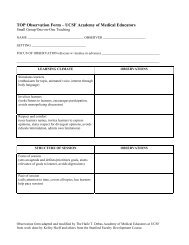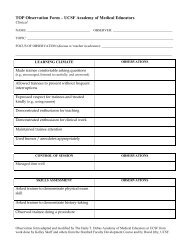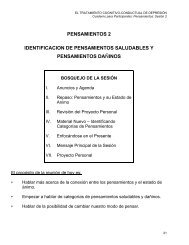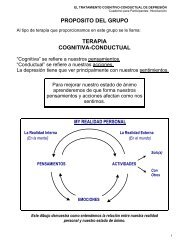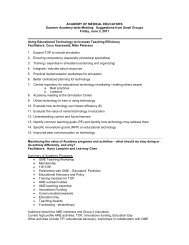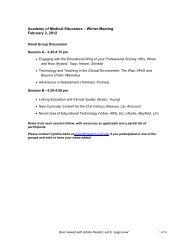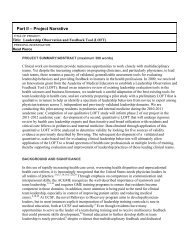The Healthy Management of Reality - Stanford University
The Healthy Management of Reality - Stanford University
The Healthy Management of Reality - Stanford University
Create successful ePaper yourself
Turn your PDF publications into a flip-book with our unique Google optimized e-Paper software.
Preface: <strong>The</strong> Origins <strong>of</strong> This BookEver since I can remember, I have been intrigued by the question <strong>of</strong> how tolive life in a good way. An important element <strong>of</strong> this search has been to movetoward this goal while taking into account the potential and the limitations <strong>of</strong>human beings. I am now a psychologist, a student <strong>of</strong> what is called "the science <strong>of</strong>mind and behavior." Since 1970, when I took my first university course onpsychology at <strong>Stanford</strong> <strong>University</strong>, I have studied with great interest whatscientists and practitioners have written about human development and humanfunctioning. I have read about how our thoughts and actions affect our feelings,and how these three elements can lead to satisfaction or despair.As a senior, during the academic year 1971-1972, I had the great fortune <strong>of</strong>working on my senior thesis under the supervision <strong>of</strong> Albert Bandura. His writingson personal agency and self-efficacy provide the foundations for the ideaspresented in this small book. For those interested in examining the originalsources <strong>of</strong> these ideas, I recommend Bandura’s books Principles <strong>of</strong> behaviormodification (1969), Social Learning <strong>The</strong>ory (1977), Social foundations <strong>of</strong> thoughtand action: A social cognitive theory (1986), Self-efficacy: <strong>The</strong> exercise <strong>of</strong> control(1997), and his 2001 Annual Review <strong>of</strong> Psychology chapter “Social cognitivetheory: An agentic perspective.”In 1972, as I was beginning to work toward my doctorate in clinicalpsychology at the <strong>University</strong> <strong>of</strong> Oregon, I came across the concept <strong>of</strong> theprevention <strong>of</strong> mental disorders. James G. Kelly, one <strong>of</strong> my mentors duringgraduate school, encouraged my interests in this area. Those who write aboutprevention argue that the mental health pr<strong>of</strong>essions spend most <strong>of</strong> their timetreating individuals who are already suffering from <strong>of</strong>ten debilitating emotionalHMOR.July2005.Muñoz.doc 5



